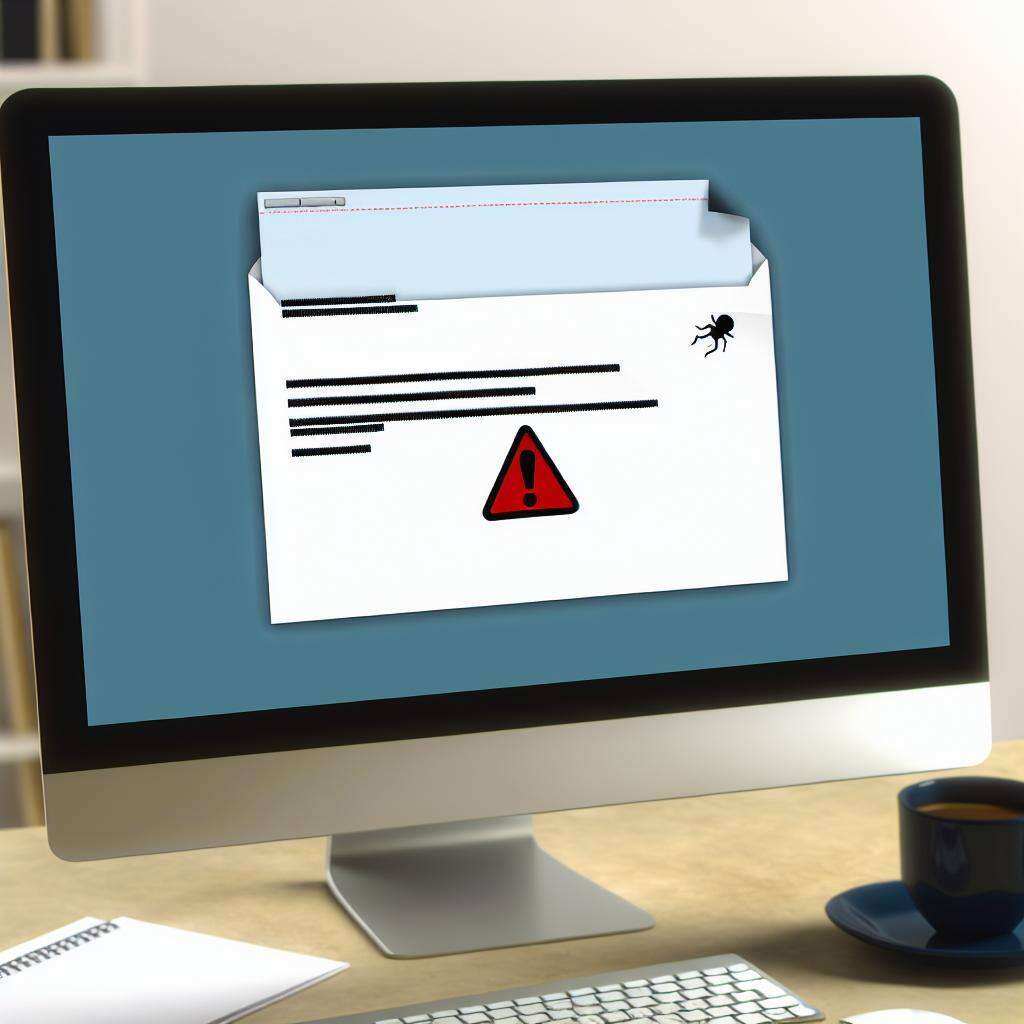London hospitals face a severe ransomware attack, highlighting the urgent need for enhanced cybersecurity measures in healthcare.
The Attack: How It Happened
In recent weeks, several hospitals in London were thrust into chaos following a crippling ransomware attack. This incident has highlighted the growing threat of cyberattacks on critical healthcare infrastructure and underscored the need for robust cybersecurity measures.
The ransomware attack on London hospitals disrupted operations, leading to canceled appointments and surgeries. While specific details of the attack are still emerging, several factors likely contributed to the hackers gaining access to the hospital networks.
It is common for ransomware attacks to begin with phishing emails that trick employees into clicking on malicious links or downloading infected attachments. These emails often appear legitimate, making it difficult for employees to discern their true nature.
The attackers may have exploited known vulnerabilities in the hospital's IT infrastructure. This includes outdated software and unpatched systems that provide an easy entry point for cybercriminals.
Inadequate password policies and weak access controls can also facilitate unauthorized access. If employees use weak or reused passwords, it becomes easier for attackers to breach the network.
Impact on Healthcare Services
The ransomware attack led to significant operational disruptions. The cancellation of non-emergency surgeries and appointments not only disrupted patient care but also created substantial backlogs, further straining an already overwhelmed healthcare system. Patients faced delays in receiving necessary treatments and consultations, leading to increased anxiety and frustration. The ripple effect of these cancellations extended beyond just the immediate impact, causing a domino effect on hospital operations and patient outcomes. The need for enhanced cybersecurity measures in healthcare has never been more urgent, as the consequences of such attacks can have far-reaching implications on public health and safety.
Additionally, the inability of staff to access vital patient records and critical data severely hindered their ability to deliver prompt and efficient treatment to those in need. With essential information unavailable due to the ransomware attack, medical professionals faced challenges in making informed decisions and providing personalized care to patients. This disruption not only impacted the immediate medical services but also jeopardized patient safety and well-being. The urgency of cybersecurity measures in healthcare was starkly emphasized as the lack of access to crucial data posed a significant threat to patient outcomes and the overall functioning of the healthcare system.

Preventive Measures: Lessons Learned
The ransomware attack on London hospitals serves as a crucial lesson for healthcare institutions worldwide. Here are some steps that could have been taken to prevent such an incident.
One effective approach is to deploy advanced email security solutions that utilize machine learning algorithms to detect and filter out phishing emails before they even reach employees' inboxes. By leveraging sophisticated technologies, such as email content analysis and sender reputation scoring, these solutions can proactively identify and block malicious emails, significantly reducing the risk of employees inadvertently downloading malware. This proactive defense mechanism not only safeguards the organization's network and sensitive data but also empowers employees to navigate their inboxes with confidence, knowing that potential threats have been effectively neutralized. By prioritizing email security measures, healthcare institutions can fortify their defenses against evolving cyber threats and enhance the overall resilience of their cybersecurity posture.
Regularly updating and patching software and systems is a critical aspect of maintaining a secure infrastructure in the face of evolving cyber threats. By staying on top of security updates, healthcare institutions can proactively address known vulnerabilities that cybercriminals may exploit to gain unauthorized access to their networks. Automated patch management systems play a key role in this process by streamlining the deployment of patches across the organization's IT environment, ensuring that any security gaps are promptly addressed and closed. This proactive approach not only strengthens the overall security posture of the healthcare institution but also minimizes the window of opportunity for cyber attackers to infiltrate the network. By prioritizing software updates and patches, healthcare organizations can effectively mitigate the risk of falling victim to ransomware attacks and other cybersecurity incidents.
Enforcing strong password policies and implementing multi-factor authentication (MFA) are essential steps in bolstering cybersecurity measures within healthcare institutions. Strong passwords, incorporating a combination of letters, numbers, and special characters, are crucial in thwarting unauthorized access attempts. By mandating regular password changes and prohibiting the reuse of old passwords, organizations can significantly reduce the risk of password-related security breaches.
Additionally, the implementation of multi-factor authentication (MFA) provides an extra layer of protection by requiring users to verify their identity through multiple means, such as a password, fingerprint scan, or one-time verification code. This added security measure not only makes it more challenging for attackers to compromise accounts but also enhances overall data protection and privacy.
By combining strong password policies with multi-factor authentication, healthcare institutions can fortify their defenses against cyber threats and safeguard sensitive patient information from unauthorized access. These proactive security measures play a crucial role in mitigating the risk of ransomware attacks and ensuring the integrity of healthcare systems in the face of evolving cybersecurity challenges.
Implementing network segmentation is a crucial cybersecurity measure that can effectively prevent the spread of ransomware within an organization. By dividing the network into distinct segments or zones, healthcare institutions can create barriers that limit the lateral movement of malware and contain potential infections.
Network segmentation involves partitioning the network into separate zones based on different criteria, such as departmental functions, user roles, or security requirements. Each segment is then isolated from the others, with restricted access controls and traffic flow between them. In the event of a ransomware attack, this segmentation acts as a barrier, preventing the malware from spreading beyond its initial point of entry.
By implementing network segmentation, healthcare organizations can minimize the impact of ransomware attacks and reduce the likelihood of widespread disruption to critical systems and services. This proactive approach not only enhances the overall resilience of the network but also enables quick detection and containment of any security incidents that may occur.
Furthermore, network segmentation can also improve overall network performance and reduce the risk of unauthorized access to sensitive data. By compartmentalizing the network and implementing strict access controls, organizations can better manage and monitor network traffic, identify potential security threats, and respond promptly to any suspicious activity.
In conclusion, network segmentation is a powerful cybersecurity strategy that can help healthcare institutions strengthen their defenses against ransomware attacks and other cyber threats. By dividing the network into segments, organizations can contain infections, protect critical systems and data, and maintain the integrity of their network infrastructure. Prioritizing network segmentation as part of a comprehensive cybersecurity strategy is essential in safeguarding patient information, ensuring continuity of care, and upholding the trust and confidence of the community in healthcare services.
Get in Touch
In today's digital age, cyber security is a top priority for businesses of all sizes. With the increasing number of cyber threats and attacks, it's important to ensure that your business is protected.
If you're concerned about the security of your business and want to take proactive measures to safeguard your data and assets, consider scheduling a free consultation with a cyber security expert. By evaluating your current systems and practices, they can recommend the necessary steps to enhance your security posture and protect your business from potential threats.
Don't wait until it's too late - take the first step towards a more secure future for your business today.
Is your business ready for ransomware attacks?
Get it touch with us today if you have questions about how to keep your business secure.
Recent Blog Posts
Catch up on our latest blog posts here!
Why is Cyber Maturity Important to Manufacturers?
Because it keeps lines running smoothly and margins intact. Cyber maturity reduces outage time,…
Why SMBs Are Moving Away From Break/Fix IT Support
Break/fix creates hidden costs and chaos; proactive managed IT prevents issues and stabilizes the…
The 5 Easiest Ways to Start Using AI in Your Business
If you’ve been curious about artificial intelligence (AI) but feel overwhelmed by the technical…




